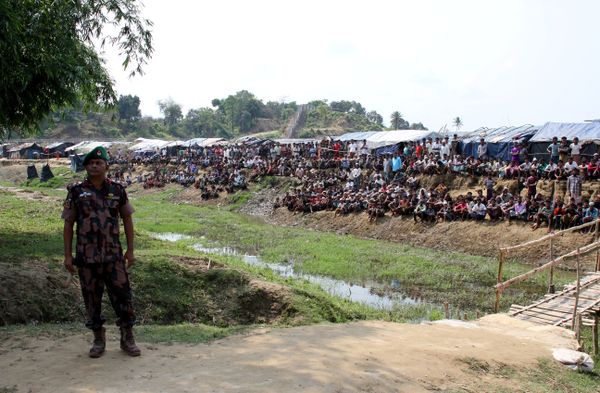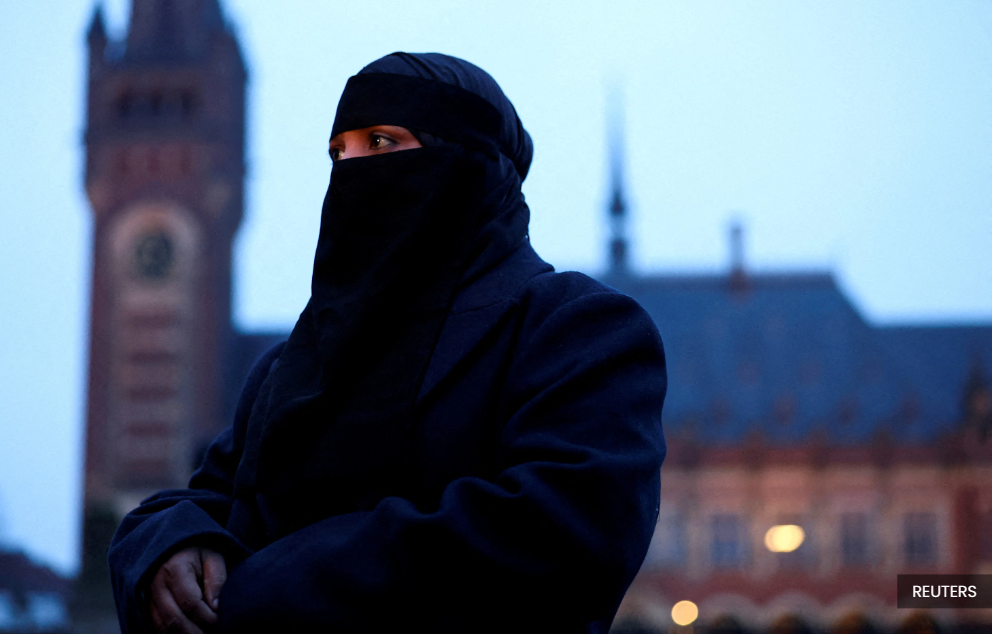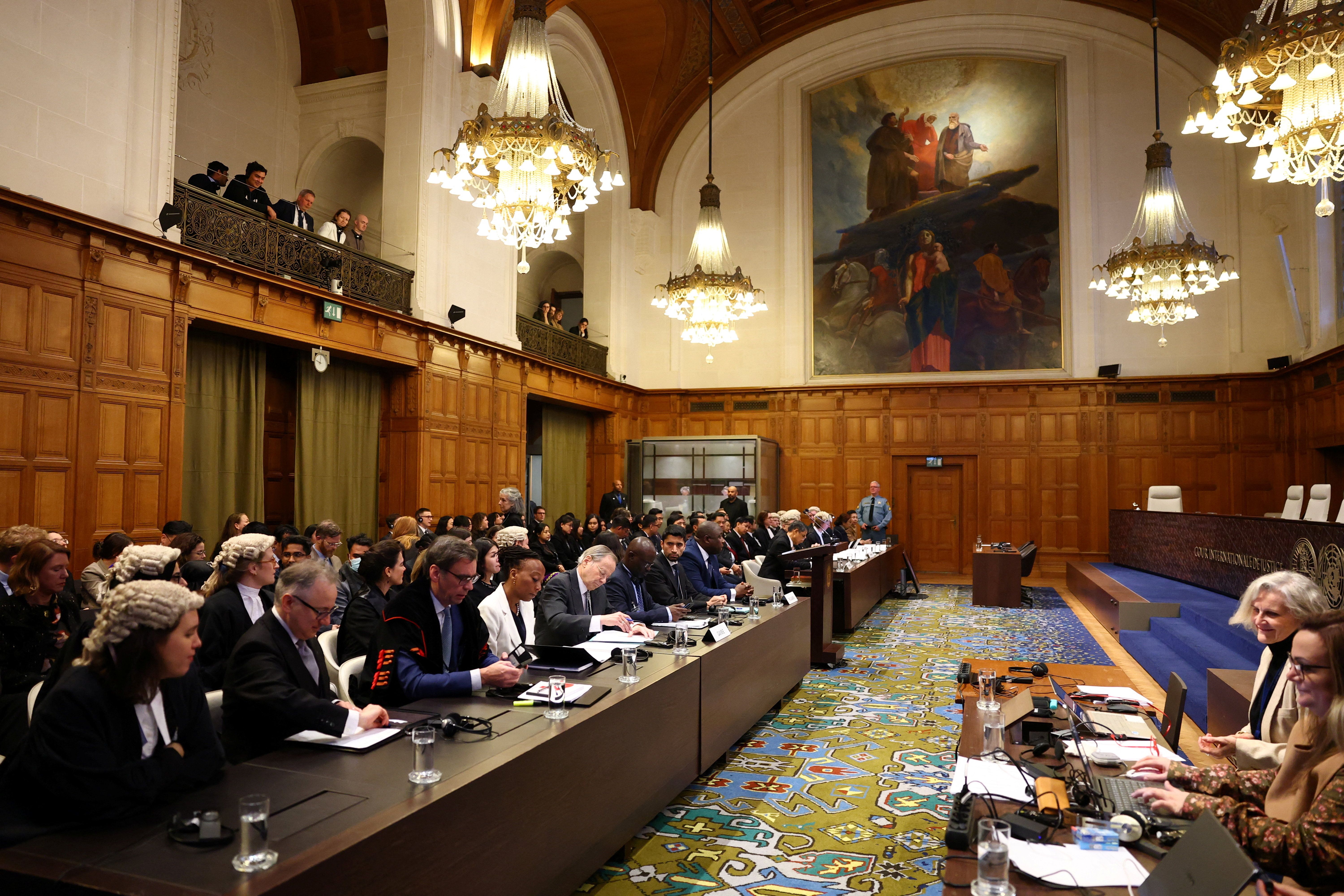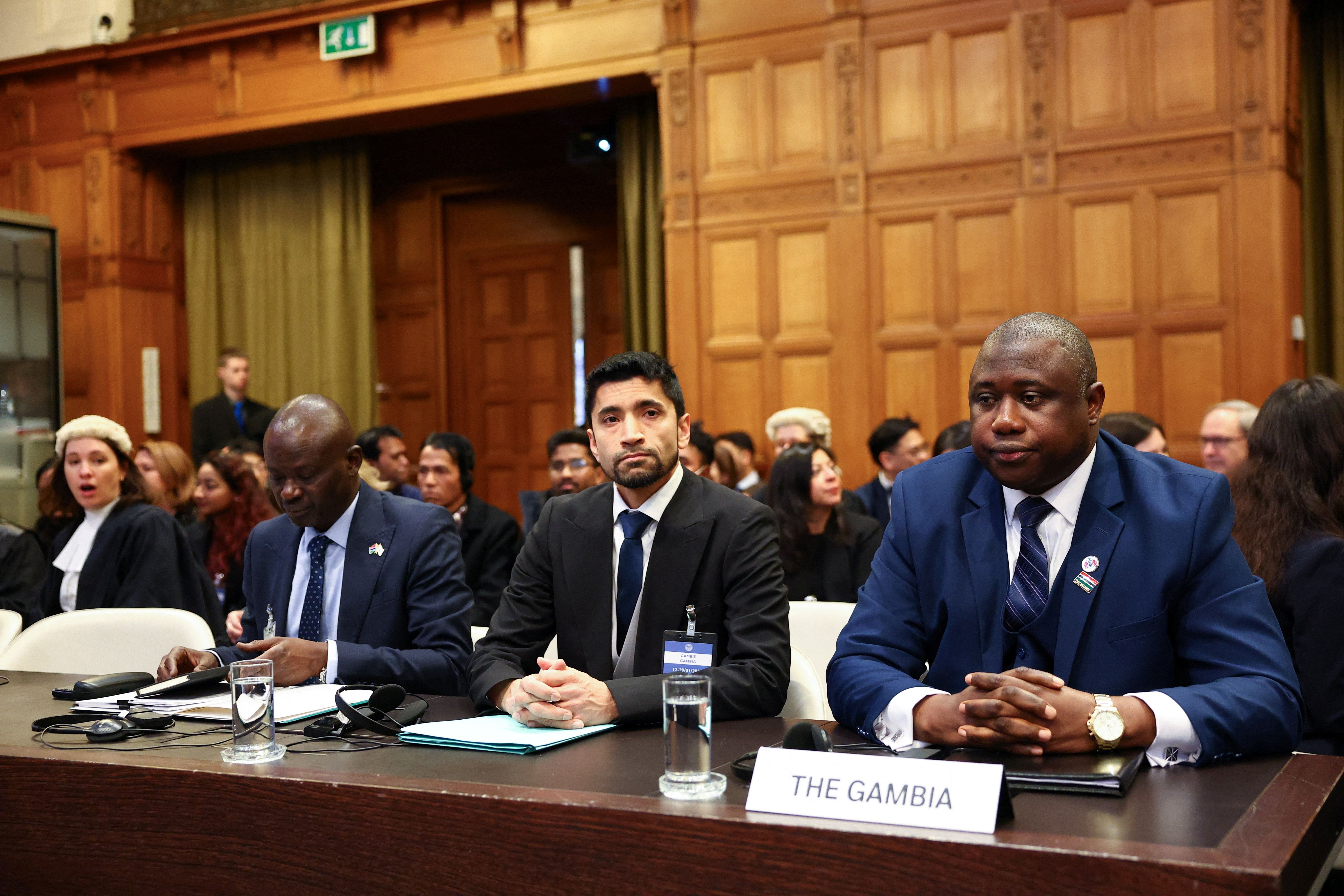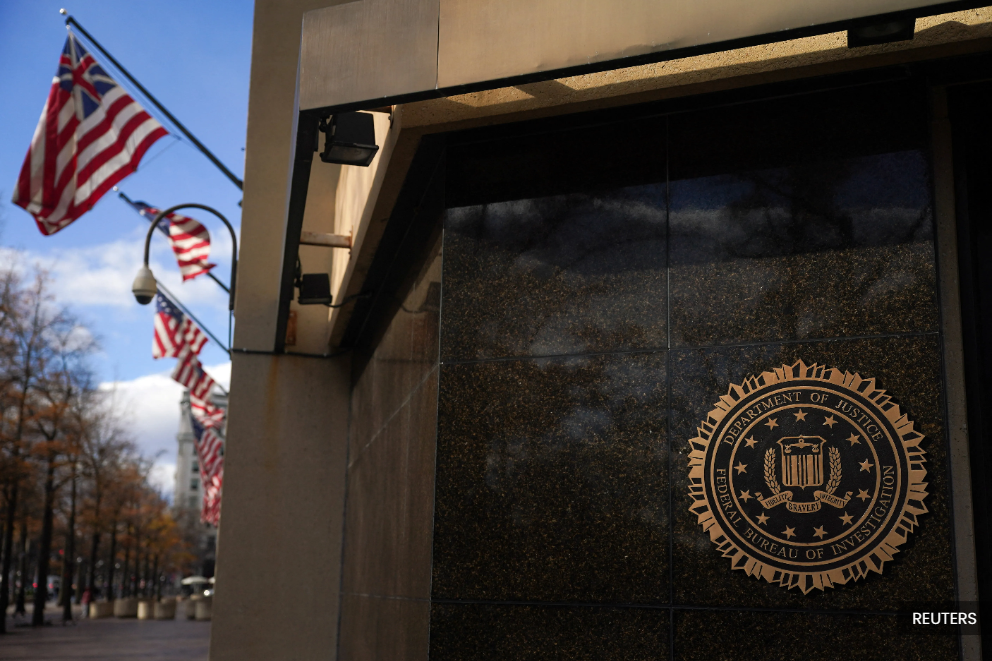YANGON, Sept 29 — After the 2017 expulsion of the Muslim minority Rohingya from Myanmar’s Rakhine state, the military destroyed villages and mosques and repurposed their lands for security outposts, according to a United Nations-backed investigation released today.
Violence against the Rohingya escalated dramatically in August 2017 when Myanmar’s military launched an operation in response to militant attacks, driving out hundreds of thousands from their homes in the coastal state.
Some 1.3 million Rohingya refugees now live in densely packed camps in Bangladesh, following the military operation that the UN later described as a “textbook example of ethnic cleansing”.
“Myanmar authorities systematically destroyed Rohingya villages, mosques, cemeteries and farmland. They had knowledge of Rohingya land rights and tenure through official records,” said the report by the Independent Investigative Mechanism for Myanmar (IIMM).
Report used first-hand accounts, satellite images
A Myanmar military spokesperson did not respond to calls from Reuters seeking comment on the report, which IIMM said is based on first-hand accounts of witnesses, geospatial imagery, video footage, official records, and documentation.
Myanmar’s military has previously said it did not commit genocide against the Rohingya during the 2017 operations, but crimes may have been committed on an individual level.
The report came a day ahead of a UN high-level meeting in New York focused on the Rohingya crisis, where officials will discuss the worsening conditions in Bangladesh’s refugee camps and the stalled repatriation efforts.
“Private companies and associated individuals played a direct role by providing machinery and labour to bulldoze villages and build infrastructure under state contracts,” according to the investigation.
For instance, in the village tract of Inn Din, where Reuters reported in 2018 on the killing of 10 Rohingya men, the military destroyed settlements to build a new facility, according to the IIMM.
“The base was built directly over the remains of Inn Din (East and Rakhine) villages, with cleared land replaced by new roads, permanent buildings, fortified compounds and two helipads,” the report said.
Investigators face funding cuts
Myanmar has been in political turmoil since the military staged a coup in February 2021, ousting a civilian government led by Nobel laureate Aung San Suu Kyi and triggering a civil war.
The IIMM was established by the UN Human Rights Council in 2018 to investigate serious international crimes committed in Myanmar since 2011 to facilitate prosecutions, but it is grappling with deep funding cuts that it says could affect its ability to gather evidence.
An IIMM spokesperson said its open-source investigations team is directly affected and does not currently have funding to continue its work beyond this year.
The Rohingya now face renewed threats of violence and displacement as fighting rages in Rakhine, with some members of the minority community taking up arms.
“There is widespread agreement in the international community that Rohingya must be allowed to return home to Myanmar once conditions exist that allow for their safe, voluntary, dignified and sustainable repatriation,” said IIMM chief Nicholas Koumjian.
“However, in many cases, their homes, even their villages, no longer exist.”


